Tag: State Legislature
-
At least one incumbent defeated in New Jersey’s state legislative primaries

New Jersey held state legislative primaries on Tuesday, June 10, the first of two states doing so this year. Virginia will hold state legislative primaries on June 17. At least one Democratic incumbent—Garnet Hall—lost, representing 1.3% of the 76 incumbents running for re-election and 2.9% of the 35 contested incumbents. With 35 incumbents (46%) in…
-
Montana passes legislative oversight bills
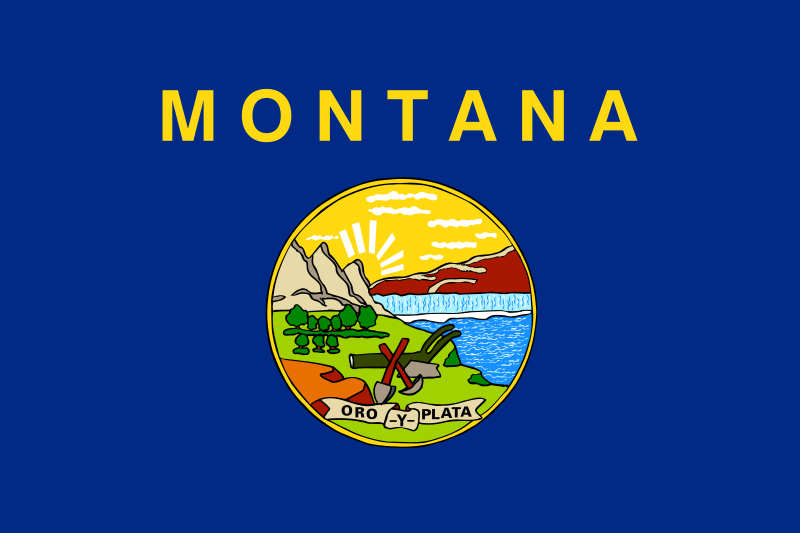
The Montana legislature passed two bills which would modify the rulemaking process for state administrative agencies. Both were supported by bipartisan majorities. House Bill 126 was passed by a vote of 100-0 in the House on January 29, 2025; the Senate voted 48-0 on April 9, 2025. Gov. Greg Gianforte (R) signed it on May…
-
Idaho legislature adjourns, two referred constitutional amendments on the ballot in 2026
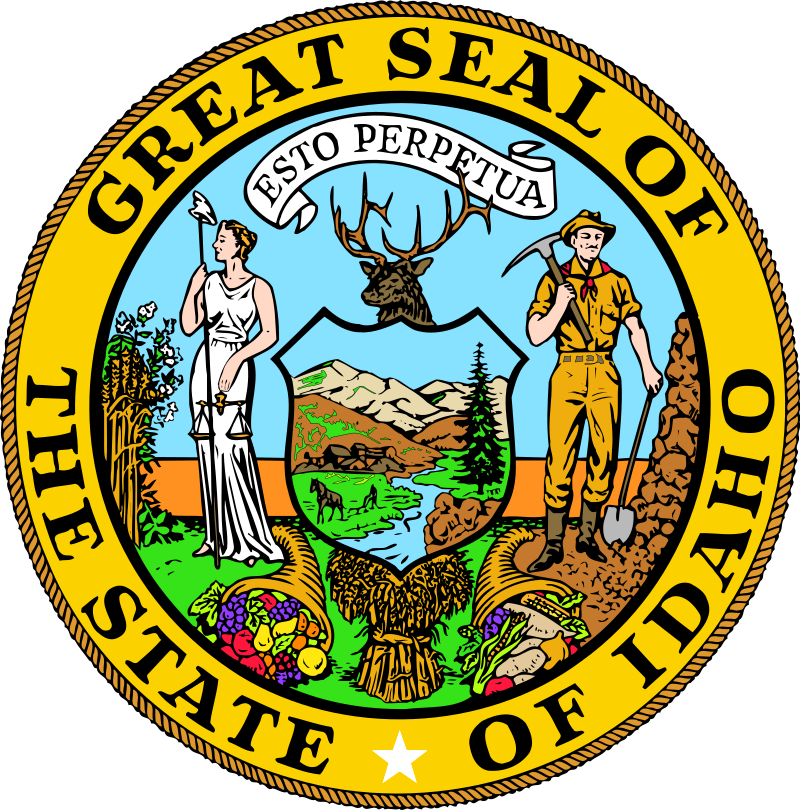
The Idaho State Legislature adjourned sine die on April 10, 2025, with the next legislative session scheduled to begin on January 12, 2026. Two constitutional amendments were referred by the legislature during the 2025 session and will appear on the ballot in November 2026: HJR 4 and HJR 6. HJR 4 would provide that “only…
-
Two Pennsylvania legislative districts swing toward Democrats, continuing 2025 trend
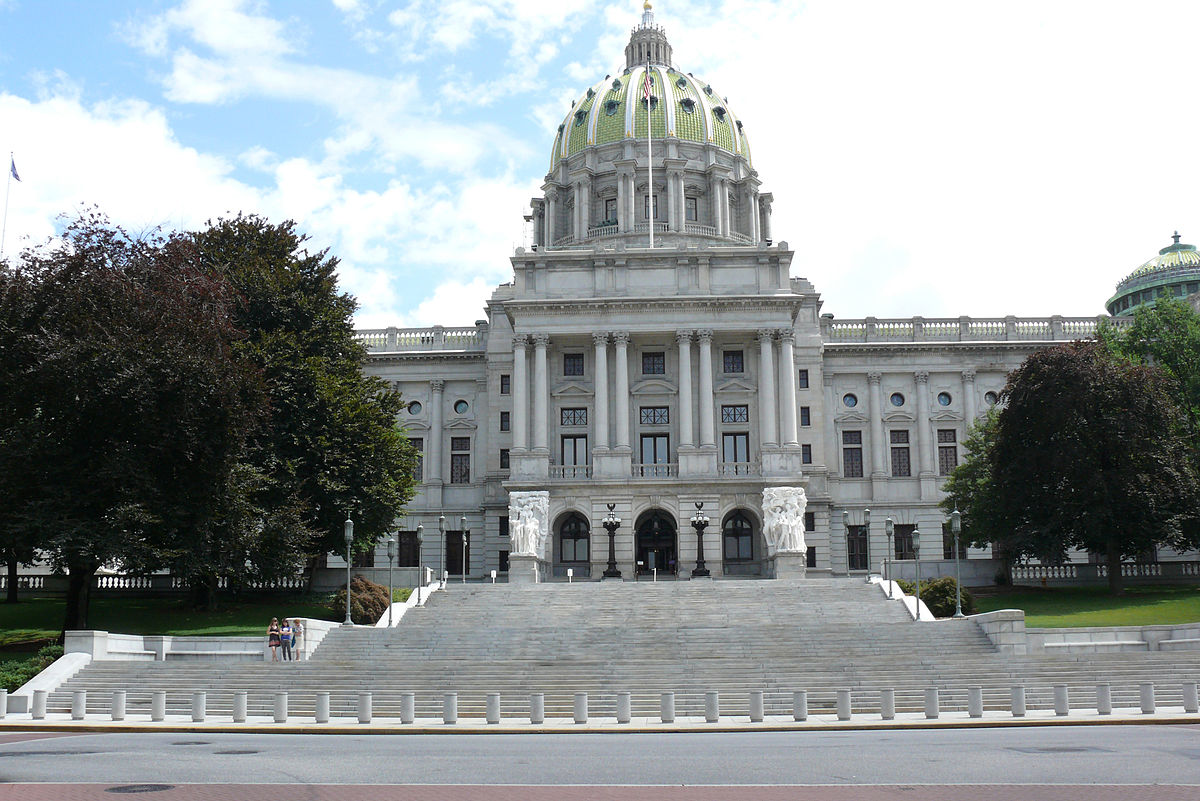
In two Pennsylvania state legislative special elections on March 25, Democrats continued a trend of winning a larger share of the vote than compared to the 2024 presidential election in several districts. The party has improved in 12 of the 14 contested partisan special elections for state legislature nationwide this year. Democrats won Pennsylvania State…
-
Majority control at stake in special election for Minnesota Senate District 60

Doron Clark (D) and Abigail Wolters (R) are running in a special election for District 60 in the Minnesota Senate on Jan. 28, 2025. The district is vacant due to the death of state Sen. Kari Dziedzic (D) on Dec. 27, 2024. Her death left a vacancy that turned Democrats’ 34-33 majority in the Senate…
-
55% of state legislators are Republican, 44% Democratic

At the end of November 2024, 55% of all state legislators in the United States are Republican while 44% are Democratic. There are 7,386 state legislative seats in the country. Republicans control 56 chambers, while Democrats hold 41. Two chambers (Alaska House and Alaska Senate) were organized under multipartisan, power-sharing coalitions. Democrats hold 836 state…
-
54.85% of state legislators are Republican, 44.22% Democratic
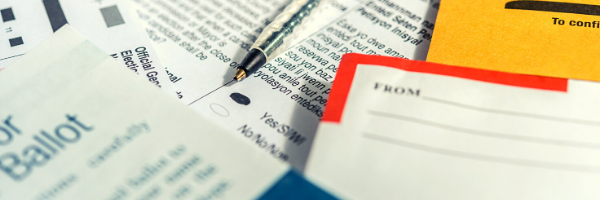
At the end of October 2024, 54.85% of all state legislators in the United States are Republican while 44.22% are Democratic. There are 7,386 state legislative seats in the country. Republicans control 56 chambers, while Democrats hold 41. Two chambers (Alaska House and Alaska Senate) were organized under multipartisan, power-sharing coalitions. Democrats hold 841 state…
-
Kansas Senate’s veto-proof majority at stake in 2024 elections under new legislative maps
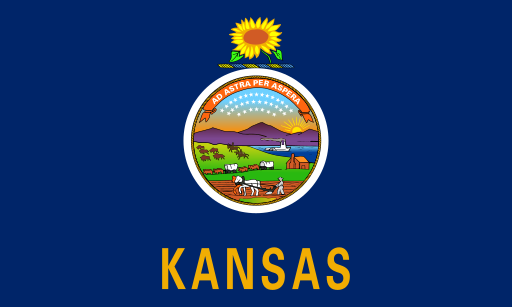
All forty seats in the Kansas State Senate are up for election on Nov. 5, 2024. Republicans hold a 29-11 majority in the chamber, and members will be elected to four-year terms. This is the first year since redistricting Kansas is holding state Senate elections, since new maps went into effect in August 2022. The…
-
Ballotpedia identifies New Hampshire Republican trifecta as highly vulnerable in New Hampshire House of Representatives elections
General elections for the New Hampshire House of Representatives will take place on November 5, 2024. All 400 seats in 203 districts are up for election. Republicans hold a 197-191 majority in the chamber, with one independent and 11 vacancies. Republicans have controlled the House since 2021. The New Hampshire House of Representatives has a…
-
All 40 seats in the Alaska House of Representatives are up for election this year

Elections for all 40 seats in the Alaska House of Representatives are taking place on Nov. 5, 2024. Ballotpedia identified elections in 15 districts as battleground elections. Members of the Alaska House have formed multipartisan majority coalitions including both Democrats and Republicans after every election since 2016. Although Republicans won a majority of seats in…

